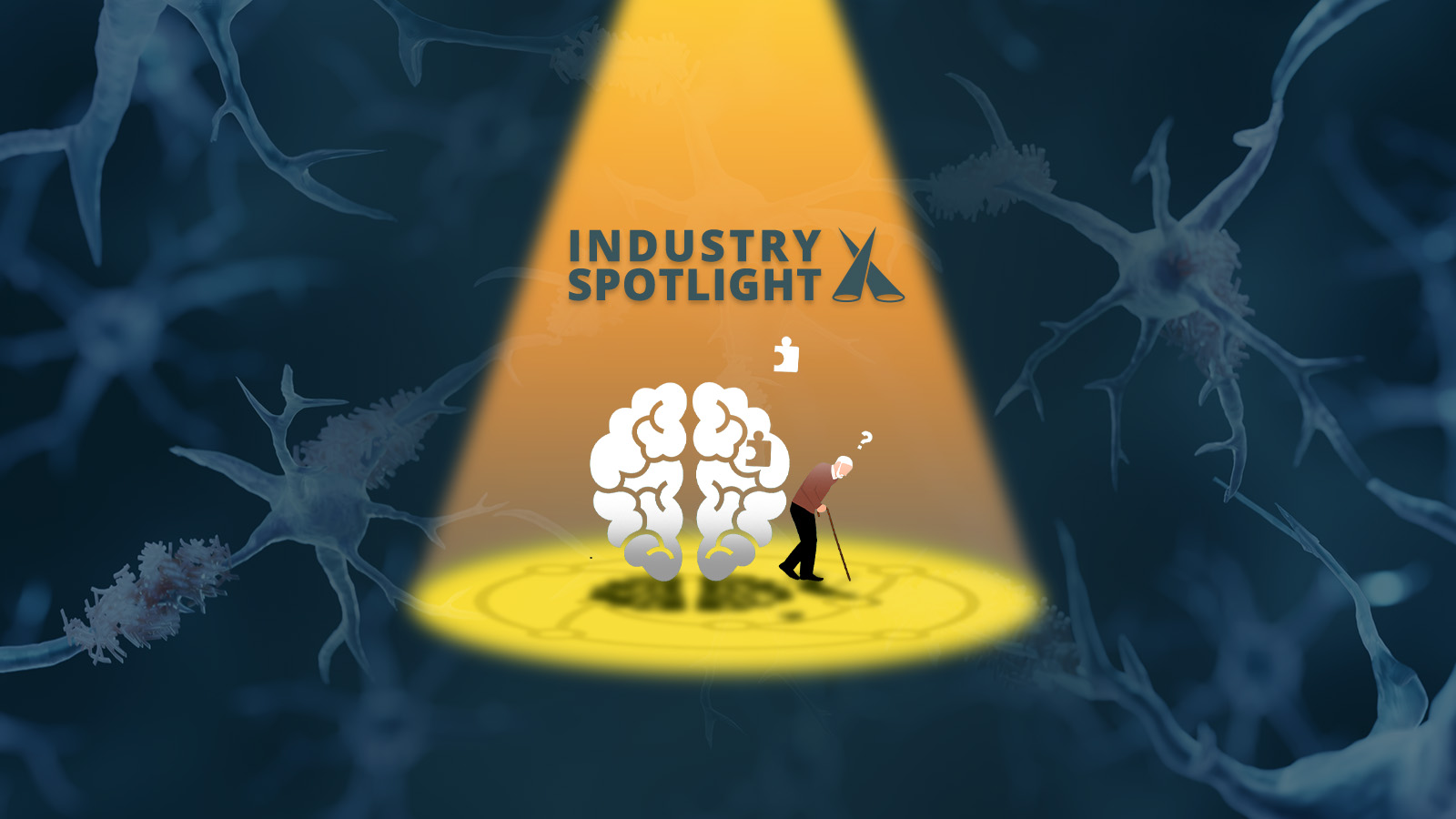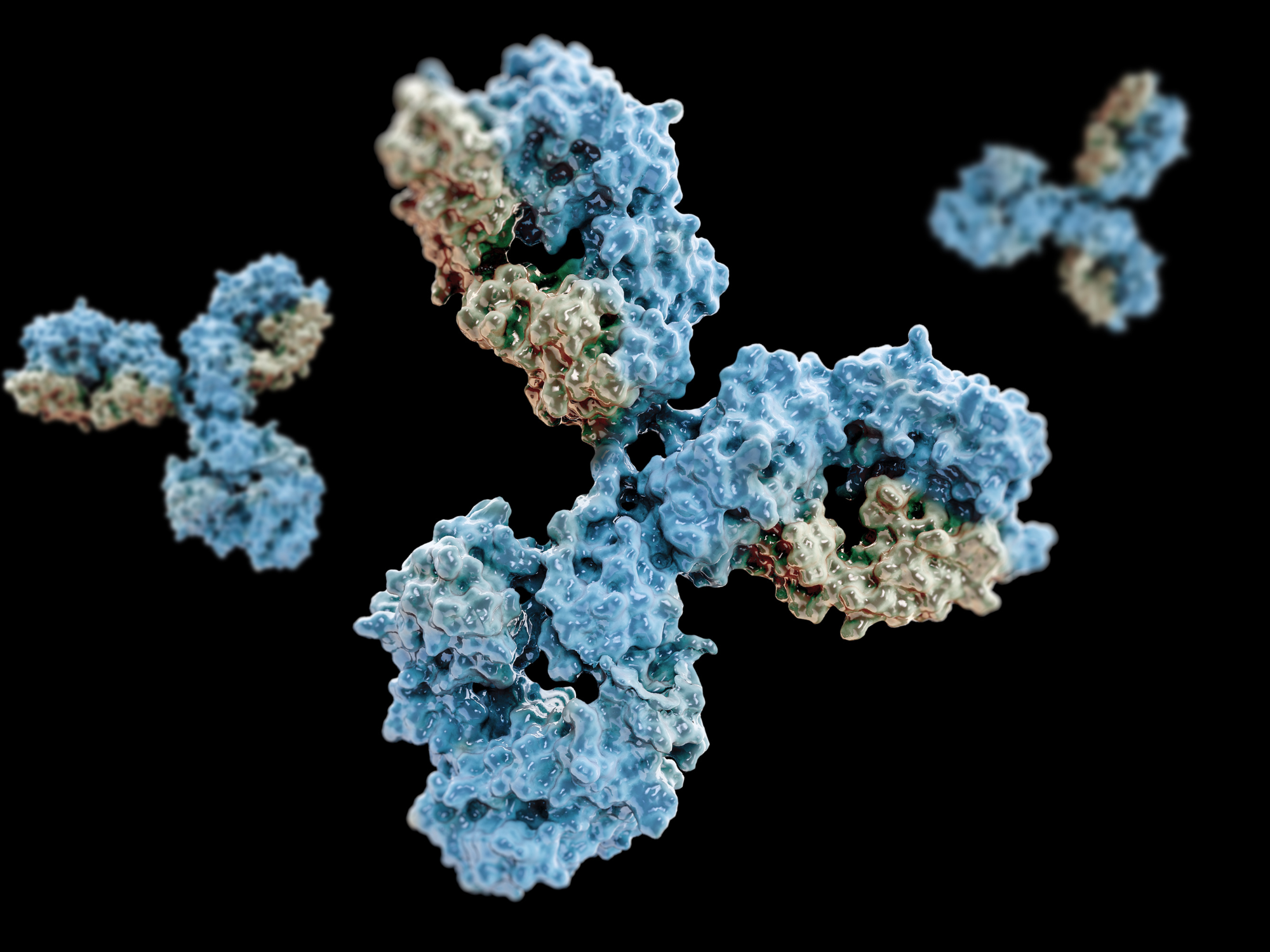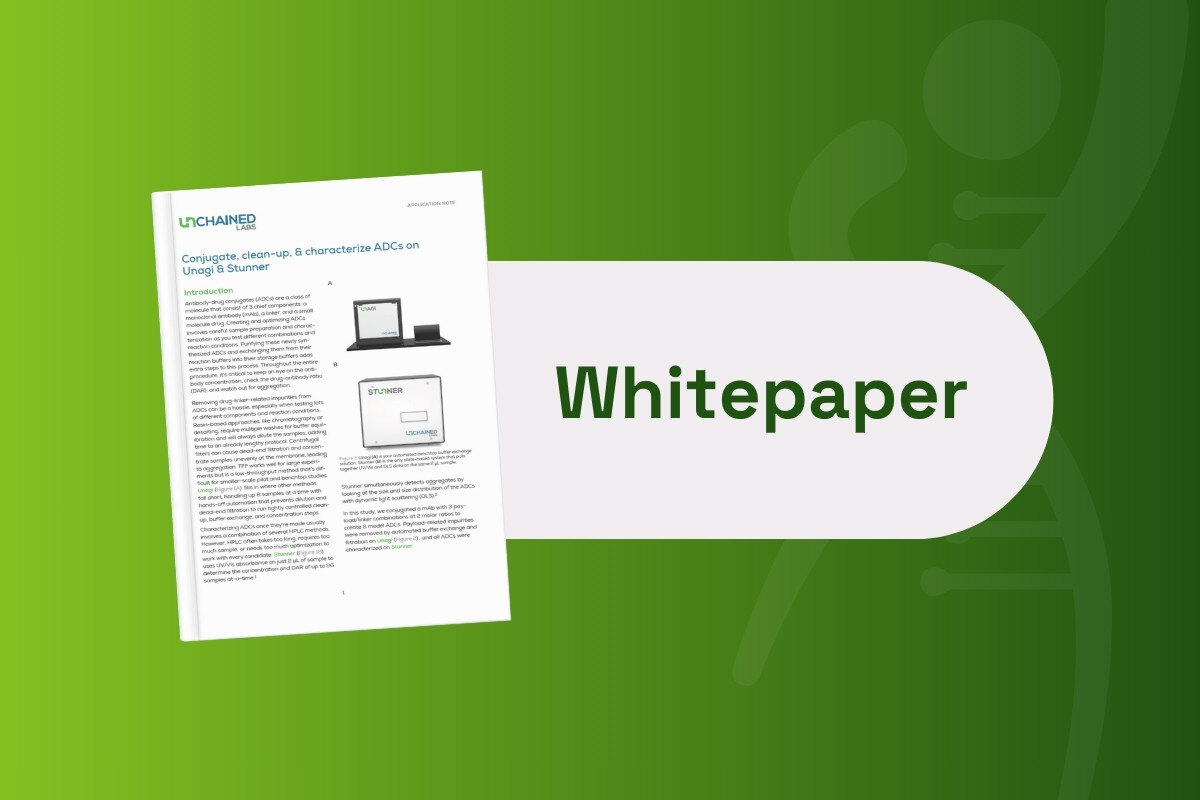Roche Fail to Follow in Eisai’s Footsteps: Alzheimer’s Drug Flunks Phase III Trials

In late September, Eisai announced incredibly encouraging results from their clinical trials of lecanemab. Roche may have been hoping to rival Eisai in the coveted Alzheimer’s market, but these hopes have been dashed following disappointing results from their Phase III trials of gantenerumab.
The drug was designed to target and bind to aggregated forms of beta-amyloid (A?) and activate immune cells in the brain to clear amyloid plaques and prevent further accumulation. Discovered in collaboration with MorphoSys, gantenerumab had already failed a Phase III clinical trial in 2014. Still, Roche chose to revive it in 2017 for new late-stage studies, GRADUATE I and II, insisting that the previous failure was due to dosage.
- Eisai’s Alzheimer’s Drug Offers New Hope
- Oxford Global’ s R&D Key 40 Stories 2022
- AbbVie Ditch Phase II Autoimmune Drug
The studies were conducted across 30 countries with 1,965 patients with early Alzheimer’s disease (either suffering from mild cognitive impairment or mild Alzheimer’s disease). Participants had a 510mg dose of gantenerumab administered via subcutaneous injection every two weeks. Slowing of clinical decline was measured using CDR-SB, which involves brain scans and interview-based tests to assess cognitive and functional performance in several key areas, including judgement, problem-solving, memory, and personal care.
However, both studies missed their primary endpoints as the change to the baseline on CDR-SB at 116 weeks fell short of statistical significance. GRADUATE I only saw an 8% relative reduction compared to the placebo, whilst GRADUATE II saw 6%. When these figures are compared to lecanemab's 27% reduction in the rate of decline, it becomes clear that gantenerumab poses very little competition to Eisai’s asset.
Levi Garraway [...] described the news as “disappointing” and went on to say that “the GRADUATE results are not what [Roche] had hoped for.”
Whilst Roche will present the top-line findings at the Clinical Trials on Alzheimer’s Disease conference at the end of this month, the results have already been hailed as “a resounding failure” by analysts at the financial services group ODDO BHF. Levi Garraway, Chief Medical Officer at Roche, echoed this sentiment when he described the news as “disappointing” and went on to say that “the GRADUATE results are not what [Roche] had hoped for” in the official announcement.
However, despite their disappointing results, the Phase III trials may not have been for nought. The Alzheimer’s Association commented that there were innovative aspects of the gantenerumab trials; in particular, they signalled the drug’s subcutaneous administration rather than intravenous infusion, and the fact that the drug was administered as a half-dose twice a month rather than a single dosage for the whole month as promising factors.
The Alzheimer’s Association stated that “these features could make it possible to have a more accessible and affordable treatment” for those living with Alzheimer’s whilst also making the treatment process more convenient and less strenuous. Garraway shared this outlook, stating that Roche is “looking forward to sharing [their] learnings with the community as we continue to search for new treatments for this complex disease.”
Join Oxford Global’s annual Biologics UK: In-Person event today. This 3-day conference brings together a panel of prominent leaders and scientists, sharing new case studies, innovative data, and exciting industry outlooks.
Get your weekly dose of industry news here and keep up to date with the latest ‘Industry Spotlight’ posts. For other Biologics content, please visit the Biologics Content Portal.









